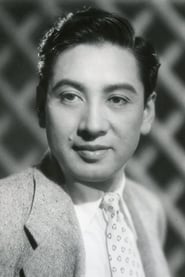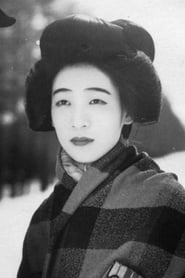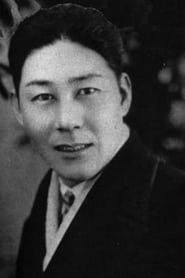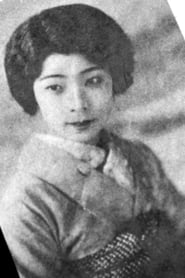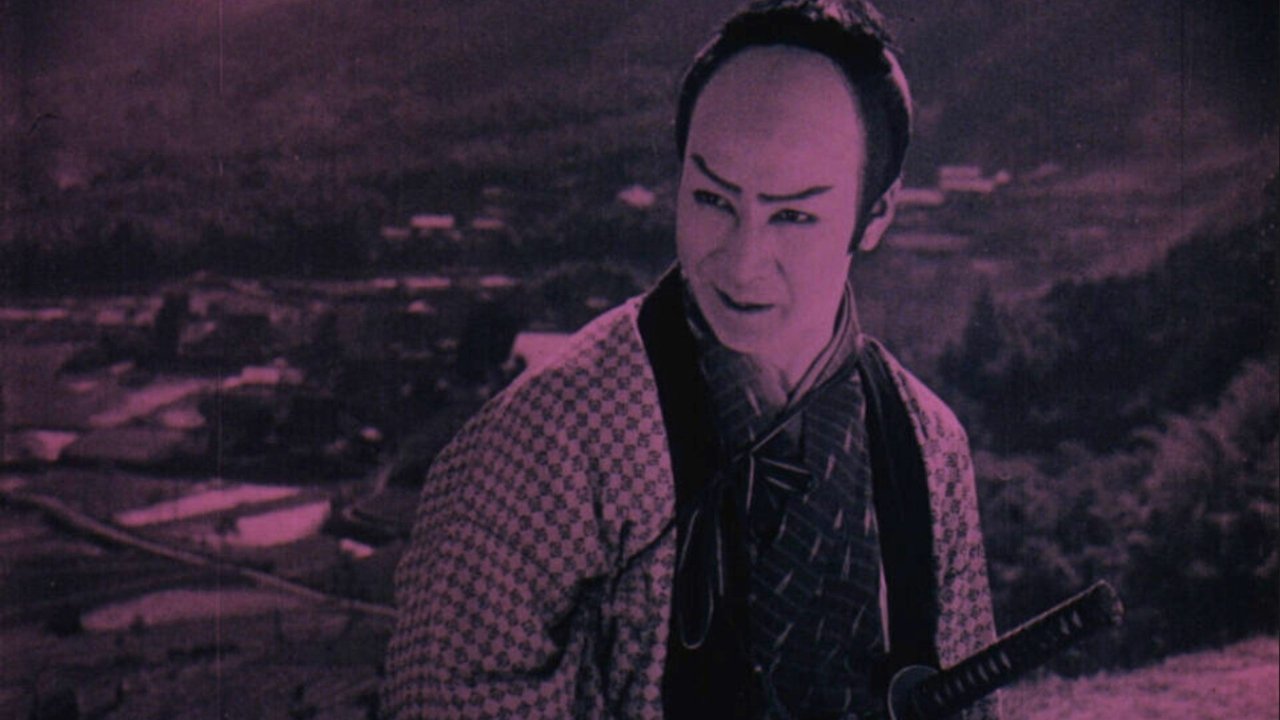

Castle of Wind and Clouds(1928)
A samurai returns to his homeland after a three year absence and finds his fiance is now one of the prince's concubines.
Movie: Castle of Wind and Clouds
Top 8 Billed Cast
Elder brother Einoshin
Cousin Samnonnsuke
Nikaido Juppeita

風雲城史
HomePage
Overview
A samurai returns to his homeland after a three year absence and finds his fiance is now one of the prince's concubines.
Release Date
1928-02-10
Average
0
Rating:
0.0 startsTagline
Genres
Languages:
日本語No LanguageKeywords
Similar Movies
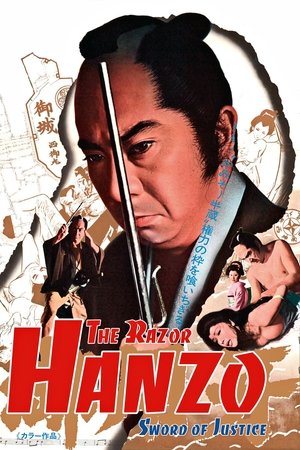 6.3
6.3Hanzo the Razor: Sword of Justice(ja)
Fearless Edo-period police inspector Hanzo Itami, nicknamed The Razor, has developed his own unique way of extracting information for his inquiries. His first adventure sees him investigating his superior officer's mistress, whom he suspects of having ties with a reputed criminal on the loose.
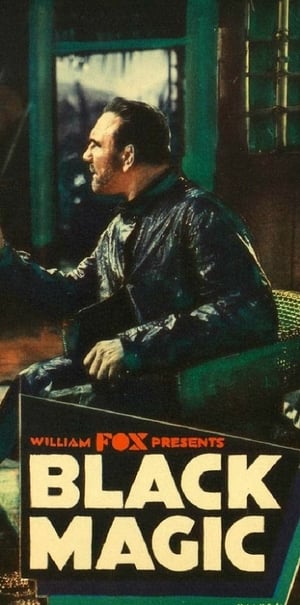 0.0
0.0Black Magic(en)
On a South Seas island, "three white derelicts drink away memories of the past. After many adventures during which a girl enters the picture, the three are rehabilitated and everything turns out happily."
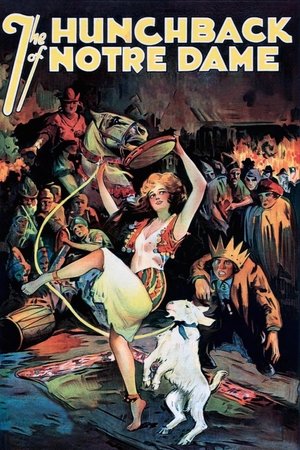 6.5
6.5The Hunchback of Notre Dame(en)
In 15th century France, a gypsy girl is framed for murder by the infatuated Chief Justice, and only the deformed bellringer of Notre Dame Cathedral can save her.
 5.1
5.1The Sealed Room(en)
The Count sets out to make a private room for him and his Countess, built in such a way no one can see, hear, and most importantly, disturb them. But unbeknownst to the Count, his wife has set her eyes on the court minstrel. Based on Edgar Allan Poe's “The Cask of Amontillado” and Honoré de Balzac's “La Grande Breteche”.
 6.6
6.6Hana(ja)
In a poor district of Edo lives a young samurai named Soza. He has been sent by his clan to avenge the death of his father. He isn't an accomplished swordsman however, and he prefers sharing the life of the residents, teaching the kids how to write etc. When he finally finds the man he is looking for, he will have to decide whether he follows the way of the samurai or chooses peace and reconciliation.
 7.4
7.4Love and Honor(ja)
A look at the relationship between a young blind samurai and his wife, who will make a sacrifice in order to defend her husband's honor.
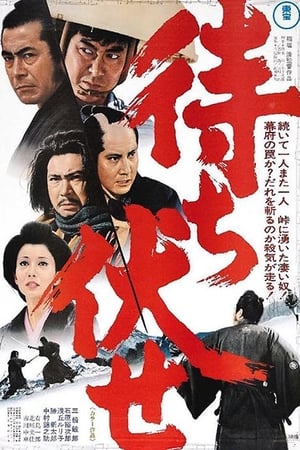 6.8
6.8Incident at Blood Pass(ja)
In the Edo period, a nameless ronin accepts an assignment to go to a mountain pass and wait. Near the pass he stops at an inn where a collection of characters gather, including a gang set on stealing shogunate gold that's soon to come over the pass. When the Ronin's assignment becomes clear, to help the gang, he's ordered to kill the inn's residents, including a woman he's rescued from an abusive husband. He's reluctant to murder innocent people; then he learns that the gold shipment is a trap and he's part of a double cross. How he sorts through these divided loyalties tests of his samurai honor, and perhaps of his love for a woman.
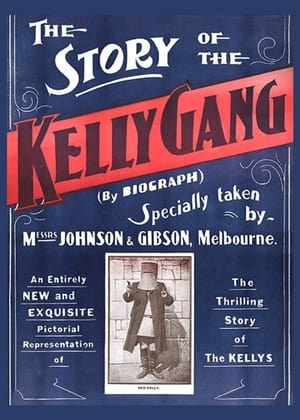 5.2
5.2The Story of the Kelly Gang(en)
Just as Galeen and Wegener's Der Golem (1915) can be seen as a testament to early German film artistry, The Story of the Kelly Gang (1906) symbolizes both the birth of the Australian film industry and the emergence of an Australian cinema identity. Even more significantly, it heralds the emergence of the feature film format. However, only fragments of the original production of more than one hour are known to exist, preserved at the National Film and Sound Archive, Canberra; Efforts at reconstruction have made the film available to modern audiences.
 6.1
6.1The Manxman(en)
A fisherman and a rising lawyer who grew up together as brothers fall in love with the same woman.
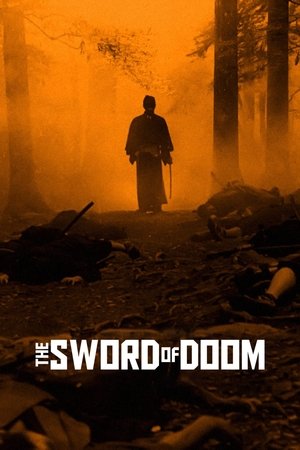 7.7
7.7The Sword of Doom(ja)
Ryunosuke, a gifted swordsman plying his trade during the turbulent final days of Shogunate rule, has no moral code and kills without remorse. It’s a way of life that leads to madness.
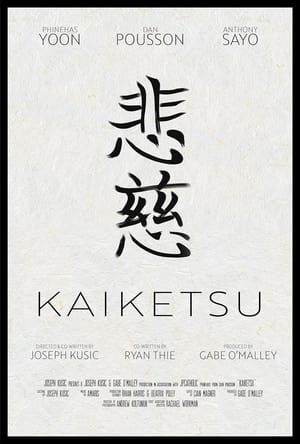 0.0
0.0Kaiketsu(en)
A samurai travels to America to seek revenge for the death of his master.
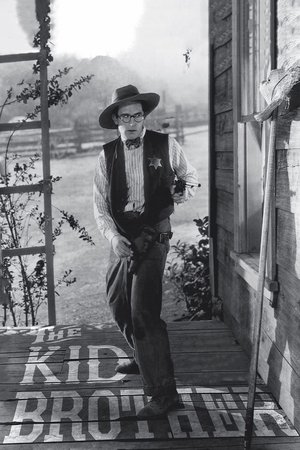 6.9
6.9The Kid Brother(en)
The most important family in Hickoryville is (not surprisingly) the Hickorys, with sheriff Jim and his tough manly sons Leo and Olin. The timid youngest son, Harold, doesn't have the muscles to match up to them, so he has to use his wits to win the respect of his strong father and also the love of beautiful Mary.
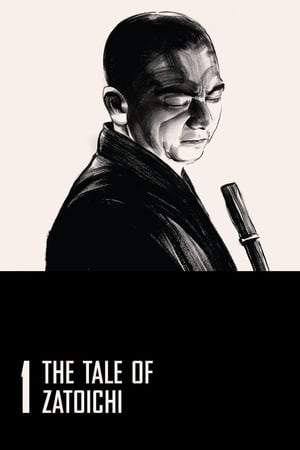 7.3
7.3The Tale of Zatoichi(ja)
The adventures of a blind, gambling masseur and master swordsman. Zatoichi targets a yakuza-controlled village, because war with a neighbouring town's smaller gang is brewing.
 7.0
7.0The Tale of Zatoichi Continues(ja)
Returning to the village where a year before he had killed Hirate, a much-admired opponent, Zatoichi encounters another swordsman and former rival in love.
 6.3
6.3Hanzo the Razor: The Snare(ja)
Against the backdrop of the Edo treasury devaluing currency and driving many into poverty, Hanzo Itami enforces the law without regard to status. He shows inadequate respect to the treasurer, who wants him dead.
 5.9
5.9Hanzo the Razor: Who's Got the Gold?(ja)
Hanzo extracts a confession from a ghost using his assaulting methods, foils thieves, connects with Heisuke Takei a friend from his youth, offers protection to a forward-thinking physician Genan Sugino who has defamed his ruler, discovers a pleasure ring of young wives and a blind music teacher, and cuckolds a corrupt official under his very nose.
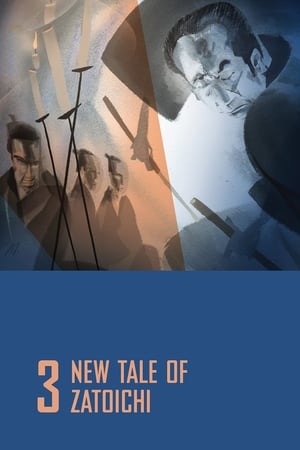 6.9
6.9New Tale of Zatoichi(ja)
Wishing to find peace, Zatoichi travels to his old village but only finds trouble when he ends up in a love triangle and finds old scores have followed him home.
 6.9
6.9Zatoichi the Fugitive(ja)
After arriving in the town of Shimonita, Ichi finds that a price has been put on his head by a local yakuza boss. He's drawn into a trap, but after hearing of the slaying of a former love, Ichi furiously fights his way through the entire clan to face the killer, a hired ronin.
 6.9
6.9Uzumasa Limelight(ja)
Fewer samurai films are being made, and the Uzumasa studio has fallen on hard times. One day, veteran "kirareyaku" (whose job it is to be felled with a sword by a film's star) actor Kamiyama is tasked with teaching sword action techniques to fledgling actress Satsuki. A few years later, the now-retired Kamiyama is visited by Satsuki, who has become a popular star.
Cameo Kirby(en)
Cameo Kirby is a 1914 American drama silent film directed by Oscar Apfel and written by Clara Beranger and William C. deMille. The film stars Dustin Farnum, Fred Montague, James Neill, Jode Mullally, Winifred Kingston and Dick La Reno. It is based on the play Cameo Kirby by Booth Tarkington and Harry Leon Wilson. The film was released on December 24, 1914, by Paramount Pictures.
